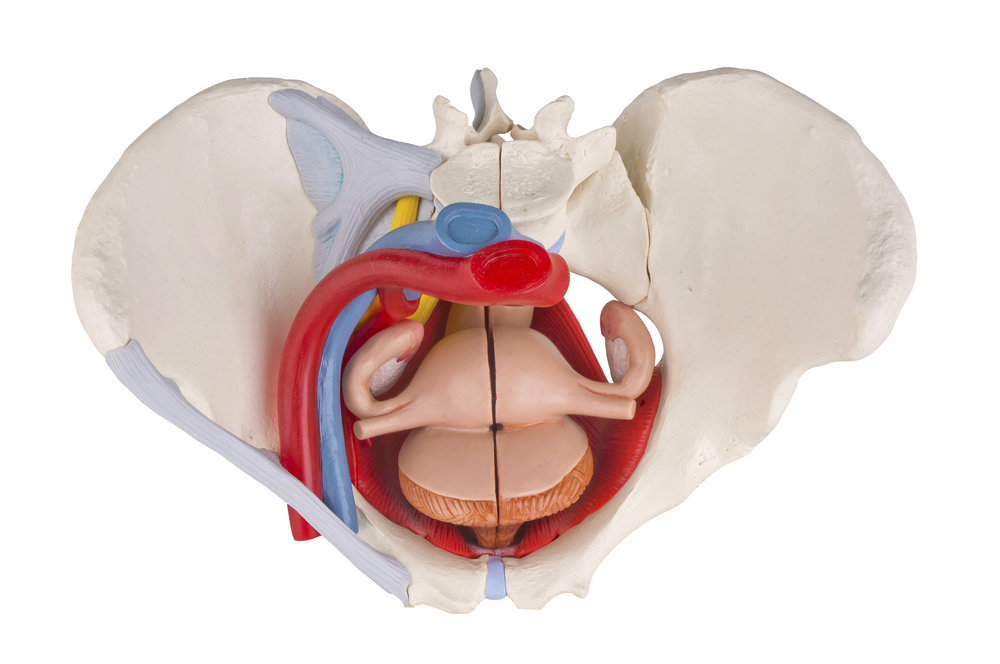Contents:
- Medical Video: The Immune System Explained I – Bacteria Infection
- Understanding the immune system
- Immune system and social tendencies
- How about humans?
Medical Video: The Immune System Explained I – Bacteria Infection
Everyone must have gone through days or times when you were not interested in meeting and interacting with other people. This reluctance to socialize can occur in people who have introverted or even extroverted personalities. Sometimes, this condition can appear without you knowing why. If someone asks, maybe the answer you give is, "Just be lazy."
The researchers tried to find the answer to this seemingly sudden reluctance. Unexpectedly, your immune or immune system turns out to be one of the causes. When your immune system is weakened, you might become more withdrawn from the environment. To find out how the immune system relates to your social tendencies, see the full explanation below.
Understanding the immune system
In addition to the human nervous system, the immune system is one of the most complex mechanisms in your body. The human immune system consists of millions of organs, cells, and proteins that are responsible for protecting the body against attacks by pathogens both from outside and inside your own body. The pathogen in question is an organism or virus that can cause disease.
In the past, experts thought that the brain is a special organ that is separate from other body parts. This means that the immune system or immune system is not in charge of protecting the brain. The brain is considered to have its own protection in the form of vascular tissues that will ward off various disorders of this organ.
Apparently, recent research shows that the body's immune system is very closely related to the brain. The central nervous system located in the brain is known to have a lymphatic system that contains lymph vessels. In these lymph vessels, immune cells are found. From this discovery, scientists also studied how the immune system affects the workings of the brain and a person's behavior patterns.
Immune system and social tendencies
In a study conducted by experts in the nervous system at the University of Massachusetts Medical School and the University of Virginia, it was stated that a person's desire or tendency to socialize might be influenced by the immune system in the central nervous system. This research was carried out through a laboratory test of mice.
To fight pathogens, lymph cells release a protein molecule that forms an immune system called interferon gamma. To test the effect of this molecule on the behavior patterns of mice, the researchers clogged the channels of gamma interferon protein. When clogged, rats that were the subjects of the study showed hyperactive behavior and became not interested in socializing or joining other rats. When the researcher reopened the channel, the rat again showed normal behavior and wanted to socialize again.
How about humans?
At present there is no research that studies the immune system and its impact on one's social predispositions. However, neurologists around the world have managed to see the similarities between the brain structure of mice and humans. In addition, the researchers who published their study in the international journal Nature argue that like mice, humans are also social beings. To survive, humans need to be socialized. This is why the body develops its own endurance that can counteract the transmission of viruses, bacteria, and diseases that others may carry.
As reported by MNN, Jonathan Kipnis as one of the heads of this study revealed that the human body is always a battleground between pathogens and the immune system. So, some of your personality can be affected by the immune system.
Moreover, various nervous system disorders that cause problems with socializing patterns such as autism, dementia, and schizophrenia do indeed show a weakened immune system in the body of the sufferer. Many studies have also proven that a person's happiness is very dependent on his overall health condition. That means, it can be concluded that behavioral patterns (including socializing tendencies) that are regulated by the central nervous system in the brain are closely related to one's immune system.
READ ALSO:
- Explaining the Sixth Indra from the Psychology Side
- What Is Antisocial and What Is the Difference With Asocial?
- Immunization turns out to also affect children's intelligence












